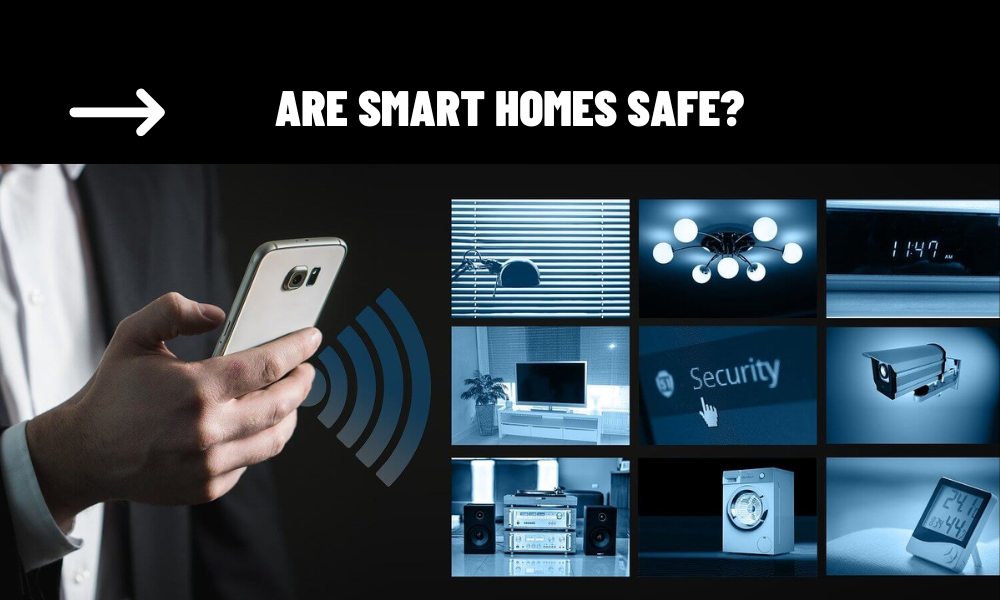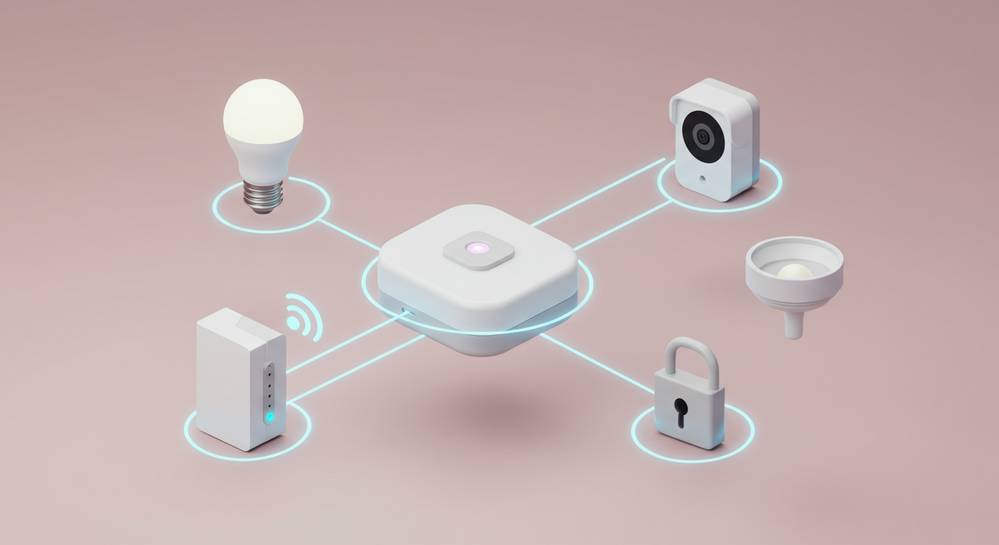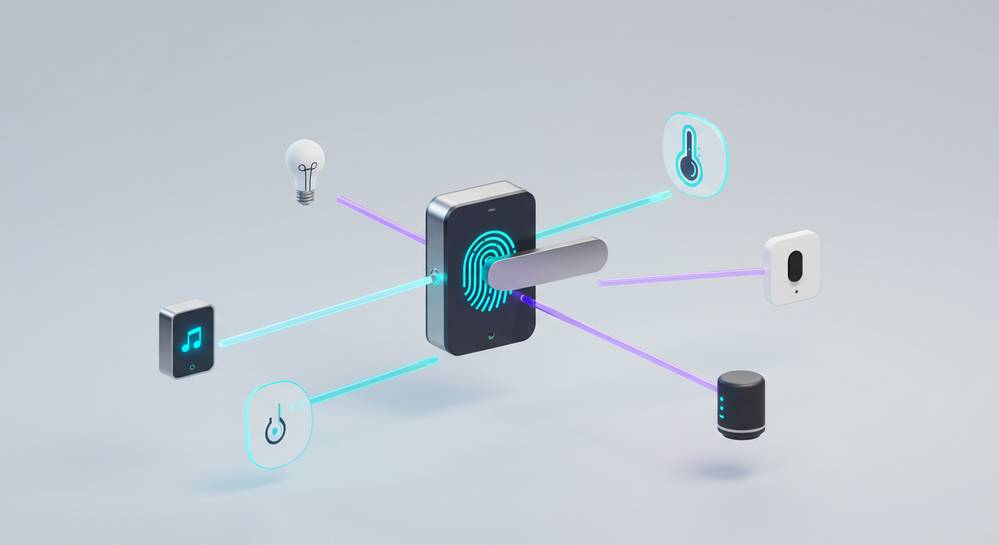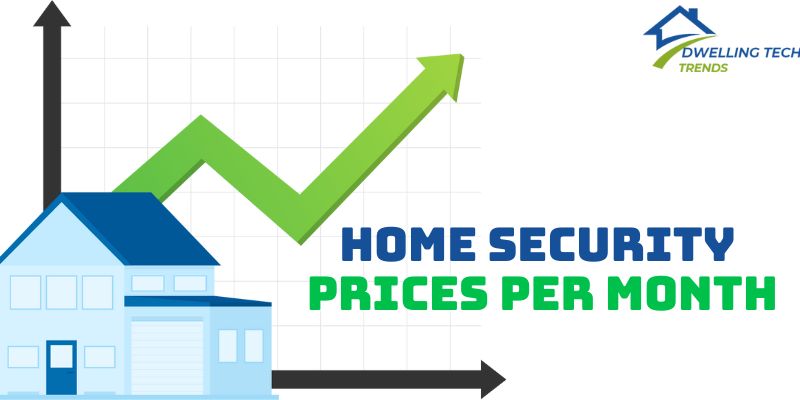In today’s increasingly connected world, smart home devices have become integral to modern living. From smart thermostats and voice assistants to security cameras and smart locks, these technologies offer convenience, automation, and energy savings. However, as their popularity grows, so do concerns about privacy and security. So the pressing question is: Are smart home devices safe?
Contents
What Are Smart Home Devices?
Smart home devices are internet-connected gadgets that allow users to control home functions remotely through apps, voice commands, or automation. Popular examples include:
- Smart speakers (e.g., Amazon Echo, Google Nest)
- Smart light bulbs
- Smart thermostats
- Smart plugs
- Security cameras and smart doorbells
- Smart locks and garage openers
While these devices enhance comfort and efficiency, they also raise important cybersecurity concerns.
The Main Security Risks of Smart Home Devices
1. Weak Passwords and Default Settings
Many users fail to change default usernames and passwords. Hackers can easily access devices with default credentials.
2. Unpatched Firmware
Outdated firmware can have known vulnerabilities. If not regularly updated, devices can be exploited by cybercriminals.
3. Lack of Encryption
Some devices transmit data without strong encryption, making it easier for attackers to intercept sensitive information.
4. Interconnected Devices
One compromised device can potentially provide access to the entire network, including other connected devices.
5. Data Privacy Concerns
Smart devices collect large amounts of data—from voice recordings to behavioral patterns. If mishandled, this data can be leaked or sold to third parties.
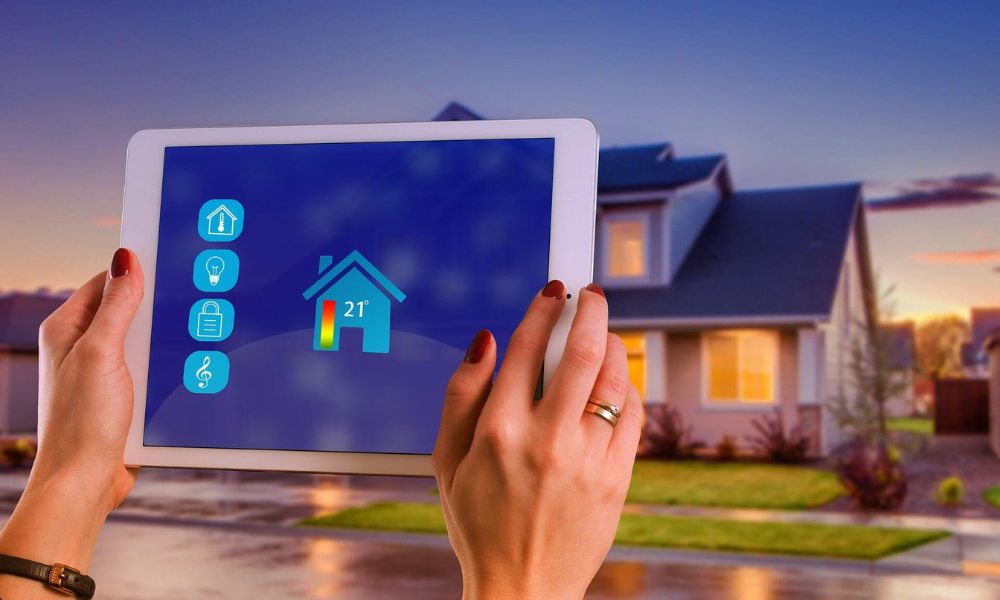
Are Smart Home Devices Safe to Use?
Yes, smart home devices can be safe, but only when users take proper precautions. Manufacturers are also becoming more security-conscious, offering regular updates, enhanced encryption, and improved authentication methods.
However, no device is 100% secure. The key lies in understanding the risks and taking steps to mitigate them.
How to Improve the Safety of Smart Home Devices
- Use strong, unique passwords for each device and associated accounts.
- Add an extra layer of protection to your accounts and apps by enabling 2FA where possible.
- Check for firmware updates regularly and apply them to patch known vulnerabilities.
- Consider setting up a dedicated Wi-Fi network for smart home devices to isolate them from your main devices.
- Adjust privacy settings to limit data collection and sharing. Opt-out of unnecessary data-sharing agreements when possible.
- Purchase smart devices from trusted manufacturers that are known for prioritizing security.
So, are smart home devices safe? They can be—as long as you stay proactive about security. The convenience of smart technology shouldn’t come at the cost of your privacy or safety. With the right precautions, smart home devices can enhance your lifestyle without compromising your digital security.
FAQs
Are smart home devices hackable?
Yes, any device connected to the internet is potentially hackable. Proper security practices can greatly reduce this risk.
Do smart devices spy on you?
Some smart devices collect data that may be used for marketing or other purposes. Reviewing privacy policies and settings can help you control what is collected.
Can smart home devices work without the internet?
Some can function locally, but most require an internet connection for full functionality, especially for remote control and cloud features.
